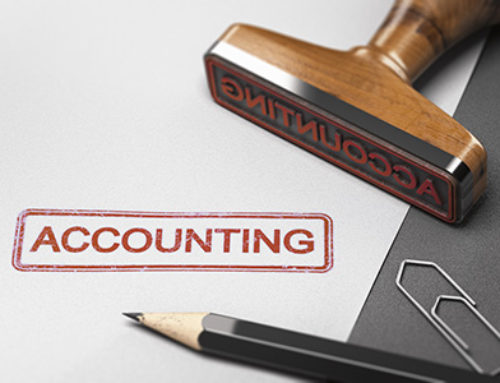In the Cannabis industry taxes are very important at local, state, and federal levels. Currently, all references to local and state taxes are based upon the state of California rules. We provide tax consulting, preparation, and filing of all levels of tax.
Major Areas of Tax
Local
Every locality that allows for cannabis commerce expects cannabis to provide strong tax revenues. To start the tax process, each locality must establish the rules for obtaining a local business license and method of taxation. Each locality is different. As an example, the City of Los Angeles has a limit as to the licenses it will issue and the associated timetables. It collects its local tax on a monthly basis starting July 1. A cannabis business cannot get a state license until the local license is issued.
State
The state of California has several licenses, but as noted above, the cannabis business must have a local license in order to get a state license.
- Cultivation excise tax is paid by the grower when product is sold and remitted to the state by the distributor. Currently, the tax is remitted quarterly.
- Distribution excise tax is paid by the retailer purchasing the product and remitted to the state by the distributor. Currently, the tax is remitted quarterly.
- At this writing, sales tax is the same for cannabis as it is for non-cannabis industries. The sales tax is paid by the consumer/purchaser and remitted by the retailer.
Income tax
State income tax in California has special issues regarding the Cannabis Industry.
Federal income tax is a very delicate situation. Due to the scheduling of cannabis as a Schedule One drug, IRS Code Section 280e applies. This code section, 280e, greatly restricts the deductibility of many business expenses.
We work with our clients to achieve the best outcomes at both the state and federal level.


